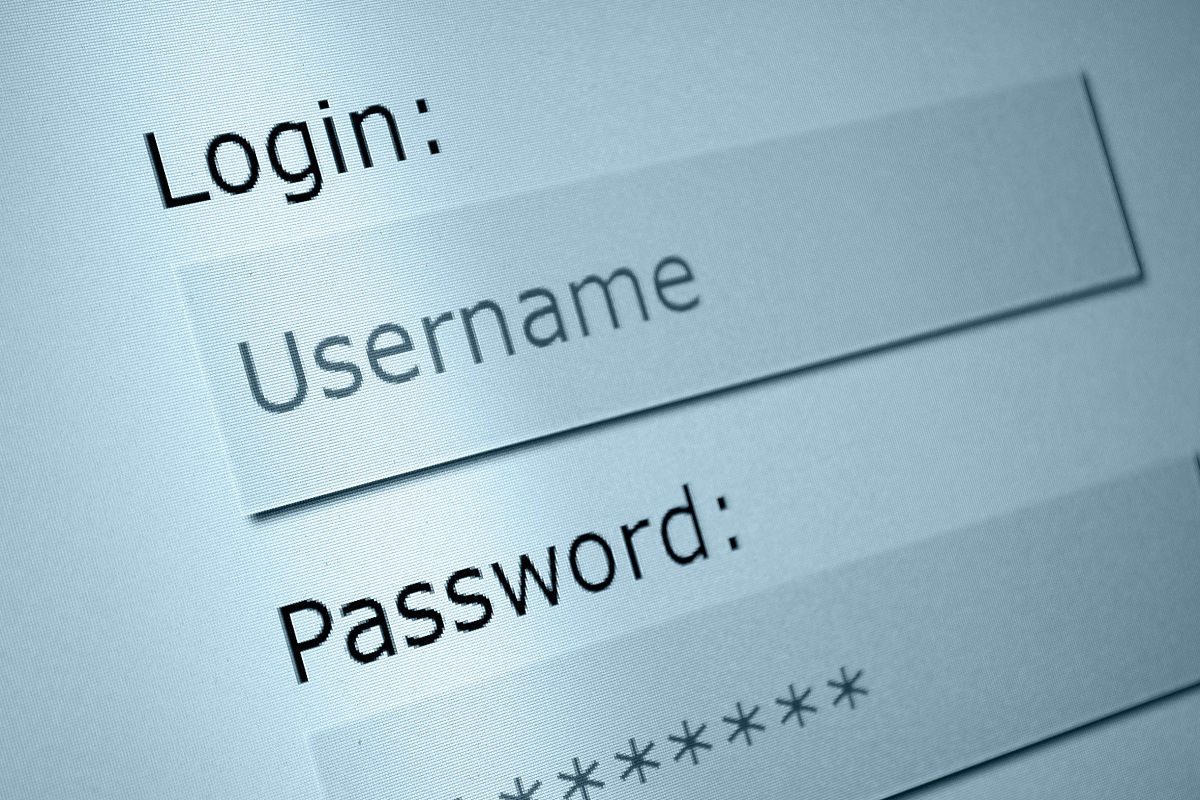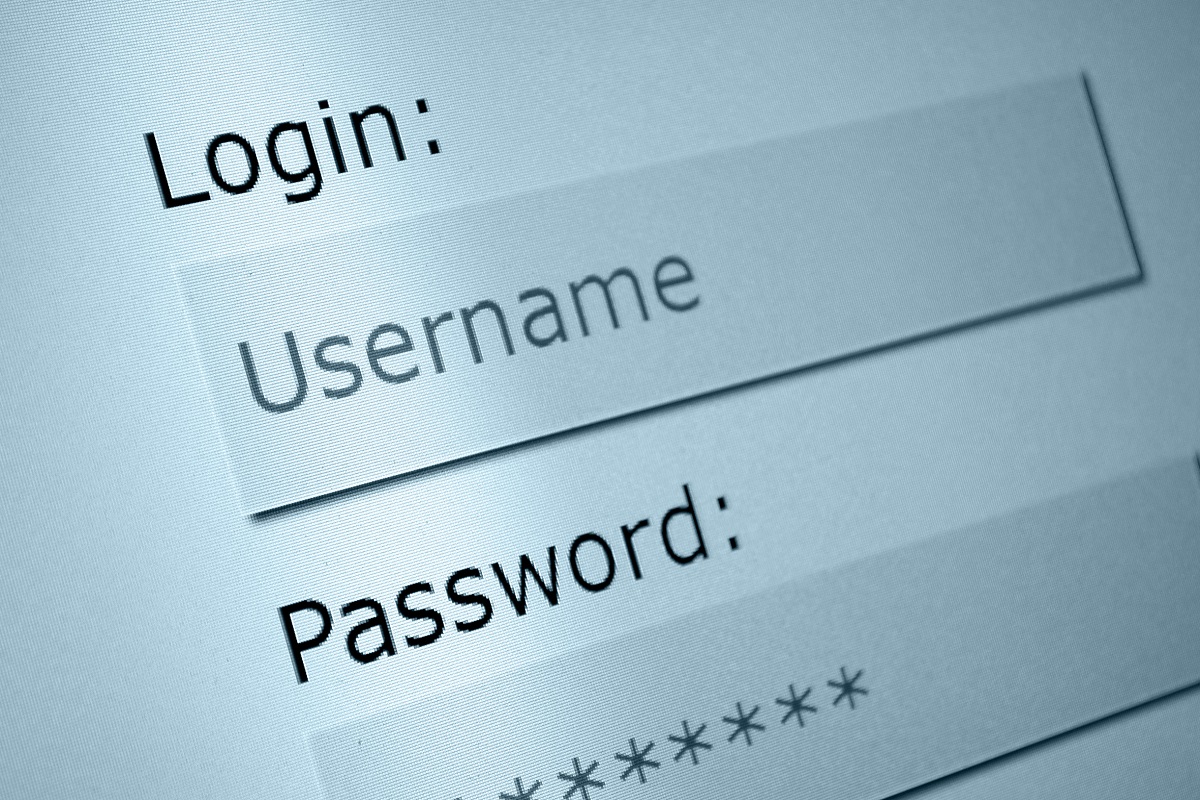Lost your password? Ask your children
Inside the enterprise: Apparently kids can hack most people's passwords. But strong authentication is still too costly for most businesses.

Sign up today and you will receive a free copy of our Future Focus 2025 report - the leading guidance on AI, cybersecurity and other IT challenges as per 700+ senior executives
You are now subscribed
Your newsletter sign-up was successful
Ask any IT helpdesk for their list of the most annoying and most frequent requests, and resetting users' passwords is very likely to be in the top five.
Users lose passwords. Or they forget to change them, they write them down on sticky notes, or store them in Excel files. Or else they just stick to simple ones they can remember, like Admin and Password.
A few years ago, Gartner, the IT research firm, looked at the cost of resetting passwords. A password reset call cost between 7 and 25 per incident, and they accounted for 30 per cent of helpdesk work. Other analysts have put the amount of time IT teams spend resetting passwords even higher.
So IT directors might be interested to learn that, apparently, cracking a password is child's play. Literally. SecurEnvoy, an IT security vendor, reckons that kids can use information stored on adults' social networking profiles to uncover enough personal information to hack passwords.
Security questions such as a user's mother's maiden name are especially easy to uncover, according to Andy Kemshall, SecurEnvoy's CTO. This, coupled with workplace information, such as email addresses, from sites such as LinkedIn, is more than enough to breach security. All a hacker needs to do is pose as a legitimate user, call up the helpdesk, and receive a new set of credentials.
Whether the "average kid" is going to go to such lengths is open to question. But another survey, this time from Experian, suggests that few of us take suffient precautions with either our personal information, or our passwords. The average Briton has 26 online accounts younger adults as many as 40 yet we use just five passwords to secure them. Experian didn't specifically ask whether people use the same passwords for work and personal accounts, but the odds are that many of us do.
Unfortunately, this is a problem that is still in search of a practical solution. Biometric security fingerprints, iris scans, or even voice prints has potential. But all biometrics are expensive to deploy: there is the cost of the equipment and softwarae, and the cost of verifying and enrolling users. And, with the exception of voice, all biometric IDs need new hardware. Then there is the problem that many of us find biometrics too intrusive for day to day use.
Sign up today and you will receive a free copy of our Future Focus 2025 report - the leading guidance on AI, cybersecurity and other IT challenges as per 700+ senior executives
Strong, two-factor authentication, such as a token or smart card, is another option. But again, these are not cheap, and confidence in tokens has been undermined by the RSA hack. As with any system that relies on a single gateway, there is also a single point of failure. Move to single sign on with tokens, and if your token system is hacked or circumvented, your systems are wide open.
Until industry comes up with a better, cheaper alternative to passwords, the best measures CIOs can take are to educate staff to use strong passwords, and to change them often.
And if all else fails, the schools break up soon. So there will be plenty of sixth-formers around who will be happy to take a summer job in the IT security department.
Stephen Pritchard is a contributing editor at IT Pro.
-
 AWS CEO Matt Garman isn’t convinced AI spells the end of the software industry
AWS CEO Matt Garman isn’t convinced AI spells the end of the software industryNews Software stocks have taken a beating in recent weeks, but AWS CEO Matt Garman has joined Nvidia's Jensen Huang and Databricks CEO Ali Ghodsi in pouring cold water on the AI-fueled hysteria.
-
 Deepfake business risks are growing
Deepfake business risks are growingIn-depth As the risk of being targeted by deepfakes increases, what should businesses be looking out for?
-
 Thousands of exposed civil servant passwords are up for grabs online
Thousands of exposed civil servant passwords are up for grabs onlineNews While the password security failures are concerning, they pale in comparison to other nations
-
 Gen Z has a cyber hygiene problem
Gen Z has a cyber hygiene problemNews A new survey shows Gen Z is far less concerned about cybersecurity than older generations
-
 Passwords are a problem: why device-bound passkeys can be the future of secure authentication
Passwords are a problem: why device-bound passkeys can be the future of secure authenticationIndustry insights AI-driven cyberthreats demand a passwordless future…
-
 LastPass just launched a tool to help security teams keep tabs on shadow IT risks
LastPass just launched a tool to help security teams keep tabs on shadow IT risksNews Companies need to know what apps their employees are using, so LastPass made a browser extension to help
-
 The NCSC wants you to start using password managers and passkeys – here’s how to choose the best options
The NCSC wants you to start using password managers and passkeys – here’s how to choose the best optionsNews New guidance from the NCSC recommends using passkeys and password managers – but how can you choose the best option? ITPro has you covered.
-
 Scania admits leak of data after extortion attempt
Scania admits leak of data after extortion attemptNews Hacker stole 34,000 files from a third-party managed website, trucking company says
-
 RSAC in focus: Key takeaways for CISOs
RSAC in focus: Key takeaways for CISOsThe RSAC Conference 2025 spotlighted pivotal advancements in agentic AI, identity security, and collaborative defense strategies, shaping the evolving mandate for CISOs.
-
 RSAC in focus: Quantum computing and security
RSAC in focus: Quantum computing and securityExperts at RSAC 2025 emphasize the need for urgent action to secure data against future cryptographic risks posed by quantum computing